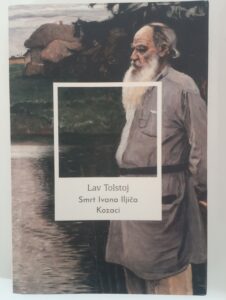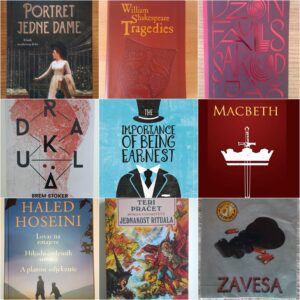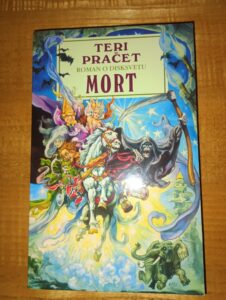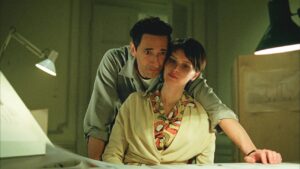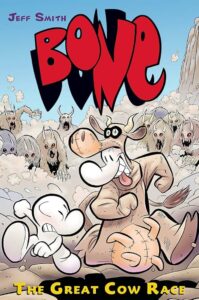The Plague (1947)

…………………………………………………
The Plague Book Review
The Plague is a 1947 existentialist novel by Albert Camus. It’s regarded as one of his best works for a good reason.
………………………………………………….
“For who would dare to assert that eternal happiness
can compensate for a single moment’s human suffering“
…………………………………………………..
…………………………………………………..
While this novel is nowadays regarded as pretty much Camus’ magnum opus, I still find ‘The Fall’ to be his greatest literary achievement. Still, this is among his best works, more effective than ‘The Stranger’ and more ambitious than anything that he had done before or even after.
It tells the story from the point of view of a narrator in the midst of a plague sweeping the city of Oran. The narrator remains unknown until the beginning of the last chapter. The novel presents a snapshot into life in Oran as seen through the author’s distinctive absurdist and existentialist point of view. While the novel was somewhat based on the cholera epidemic or even the bubonic plague, it was set in the forties, so many would consider it to be an allegory for WWII and the French resistance to the Nazis.
I personally somewhat disagree with this assessment. The main themes are the futility of any human goals and how death and suffering is inevitable, but those can stand for anything, not just war, but life itself. This is pretty much a story about the human condition, which would put it firmly within the existentialist philosophy, much more so than absurdist.
…………………………………………………..
…………………………………………………..
Camus’ philosophy is on full display here as he posits that all life will end with death, thus it is meaningless, but it is up to us to create our own meaning to our lives. The novel has that optimistic, hopeful tone throughout that was wonderfully contrasted with the despair of the plague itself. This is, thus, one of Camus’ most human works, which was refreshing and admirable to witness, certainly in comparison to something nihilist like ‘The Stranger’. There is even a point that most humans are essentially good and capable of heroic deeds, which took me by surprise.
The Plague is particularly effective at tackling some important themes about human relationships and communication in the context of a virus epidemic. Camus tells us that we are not capable of appreciating our closest family and friends on a daily basis and that untimely separation will most surely open our eyes to their importance to us. There is also a very truthful remark about every one of us thinking that our own tragedies are bigger and/or more important than others’. Camus knows humans exceptionally well, so his works are a glimpse at humanity in all of their facets.
And that is why I found the characterization in this book even more problematic. This author was phenomenal at writing dialogue and tackling important themes, but he was never particularly adept at creating complex, memorable characters. This is one of his lesser efforts in that regard. We have the doctor character, the journalist, the priest etc. But all of these people were underdeveloped and ultimately plot happens to them instead of the other way around.
…………………………………………………..
…………………………………………………..
The Plague benefits from a meticulously detailed depiction of epidemics and how they operate from the very first to the very last moments. The science behind it, the human behavior and the psychology – all of it was clearly well researched by Camus. His descriptions are so strong here and so was the thoroughly utilized Oran setting, but I wished for better pacing as the novel wasn’t particularly engaging to read, especially not in its slower second half. It also lacked the emotional engagement necessary for this story due to its slight characterization.



